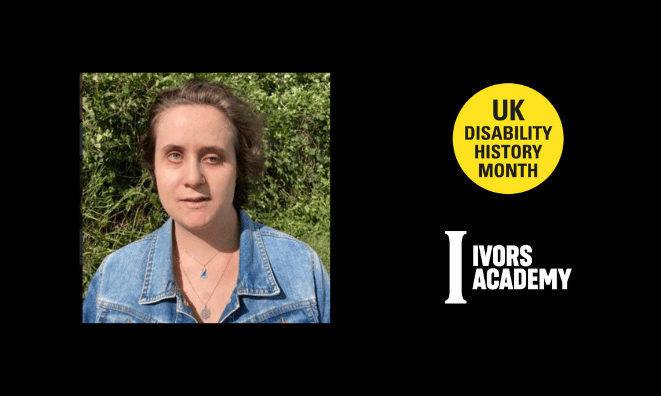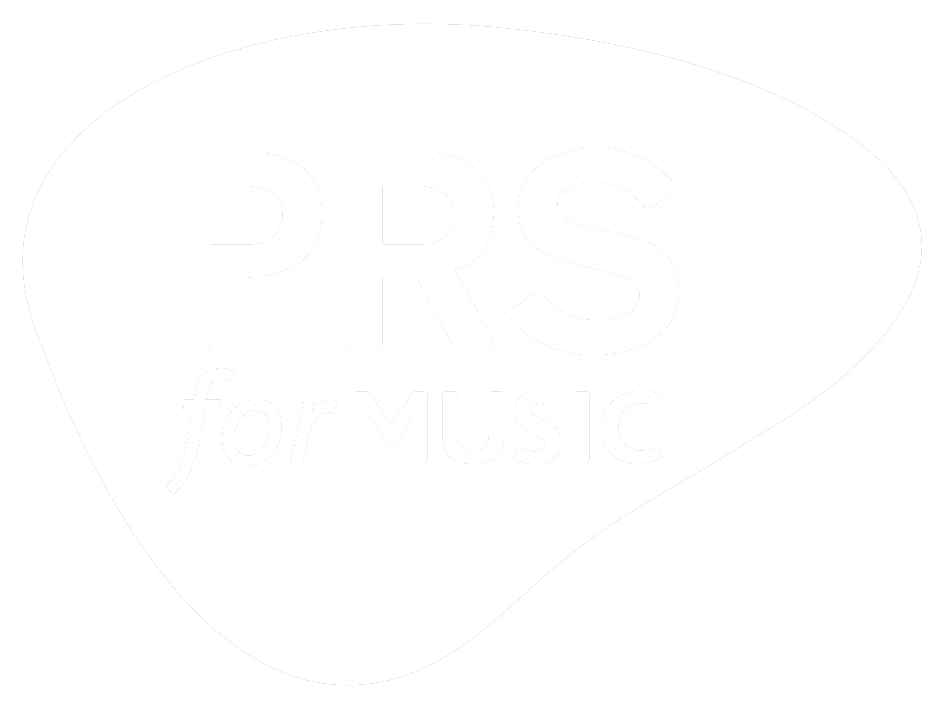Although still a student composer, Xia has several outstanding achievement to their name, a highlight of which is their award as winner of the 2018 BBC Young Composer Competition.
These are reflections on their lived experiences as a Brailist composer –
…’labels can simplify things we do not understand…’
I have always been resistant to describing myself as ‘a disabled person.’ As with any social category, it is difficult for the term to acknowledge the unique conditions coming together to form an individual’s experience. For example, as a white middle class person born and raised in the UK and Europe, I have had access to the same educational opportunities as my sighted peers. This would be unimaginable for many people across the world with similar impairments for whom attending school may be a luxury, let alone studying in a mainstream setting. My privilege and education grant me a voice and the power to raise it, in my case through music and poetry.
This is not to say things have always been easy. I was once unable to join a choir because the director was not open to me working by ear, or able to commit to sending music far enough in advance of rehearsals to have it transcribed into Braille.
…’I embrace the positive impact of my different modes of access’…
Last year, a journalist asked me if I preferred to be described as ‘a blind composer’ or just ‘a composer.’ I emphatically said the latter, yet the article which came out of the conversation used the former. My sense is that labels can simplify things we do not understand. They can also help us feel part of a community, particularly if we live on the margins of society for any reason. But I do not wish such labels to define my work, or to push the emphasis more towards myself than the music. If I refer to my visual impairment in professional contexts at all, I usually describe myself as a braillist. This expresses how I am able to work differently, and I feel it does partly recognise my privilege. This is in contrast to words like ‘disabled’ or ‘blind’, which for me emphasise potential barriers presented by the absence of something, in this case vision. Having said that, I wonder whether the reluctance I have described to identify with disability may be partly responsible for stigma. Increasingly, I feel it may be important to ‘own’ the identity I have for so long seen as being imposed on me. Rather than letting myself feel pigeonholed, perhaps I can learn to embrace the positive impact of my different modes of access on the way I relate to the world, and consequently on my creative work.
…’blindness is an absence of light or form; as a child I used to say that ‘All I can see is air’…
Since I was very young, I have learnt to navigate through the non-visual means available to me. I run my hands along surfaces, noticing their changing textures: the harshness and uniformity of concrete; the smoothness of bricks with the slender cracks between them like lines in pencil sketches; the way rain cloaks the graininess of stone. Rather than a state of constant darkness, blindness is an absence of light or form; as a child I used to say that ‘All I can see is air.’ Through this space of absence, I have learnt to sense the presence of walls and objects by the way they bring a sense of mass to the space, similar in some ways to the experience of being watched, but without feeling exposed.
…‘I dictate my music so that a version in stave notation can be produced for sighted performers’…
As a braillist, my relationship with both the written word and with music notation is similar to the way I connect with space. Both are embodied experiences which require tactile contact. I dictate my music so that a version in stave notation can be produced for sighted performers. Although I am very fortunate to work with some wonderful scribes, I have sometimes felt that sharing my music at an early stage in the compositional process may mean I lose intimacy with the piece in a way that may not happen if I was working entirely independently. But I feel it is a gift to work in a medium with demands such close physical connection with the music and words I write.
…’we share with everything in the universe’…
The Buddha taught that all things without exception are empty: they do not exist independently, but rather are woven together in a web of past and present conditions, and always changing with our perception. In recognising this deep mystery we share with everything in the universe, we can come into more intimate relationships with the other threads in this infinitely vast and radiant web: as much with those who have kept us out as with our own kin, as much with struggle as with joy. This for me forms part of the foundations of my duty as an activist, as an artist, and as a human being.
We at The Ivors Academy would like to thank Xia for their brilliantly insightful words. Throughout UK disability month The Ivors Academy with the Musicians’ Union have been exploring the key issues of inaccessibility in the music industry.
Discover more about Xia Sloane.
The final blog and the last in this collaborative series with The MU, will be given by the Bristol based composer, musician, broadcaster, and associate music director of the Paraorchestra, Lloyd Coleman.





